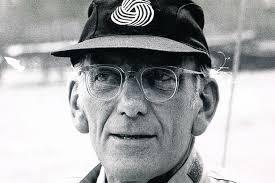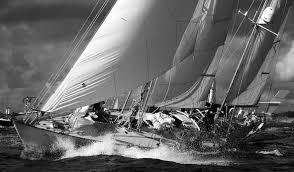When I consider the word 'solitaire' I remember a small wooden board, filled with indentations and small marbles. Although I am aware of this, I have no clue how the game is played. I know how to play solitaire with playing cards, I have played it for many hours on computer - it is extremely compelling - as is Srabble - but that's a different story.
Thinking about writing this week's blog I toyed with the idea of writing about loneliness. I know that is reaching epidemic levels especially among the elderly and various organisations, including Age UK who have openned a helpline and friendship call scheme for the elderly and housebound. I am very annoyed by automated checkouts in the supermarkets - if you are elderly or disabled and make one shopping trip a week, how upsetting must it beif no-one communicates with you. A machine can't say 'Hello' or 'How are you?' and that interpersonal interaction can be so important. I was deleted to hear that Booths are removing their automated tills because people don't like them. Amen to that!
Thinking abour loneliness lead me to consider the experience of 'the long distance runner' - ha ha! That lead me to a remarkable event of the 1960s that sticks out in my then, young memories. The experience of a remarkable man called Sir Francis Chichester.

In 1958, Chichester was diagnosed with terminal lung cancer. (This might have been a misdiagnosis; David Lewis, a London doctor, who competed against Chichester in the first solo trans-Atlantic race, reviewed his case and called Chichester's abnormality a "lung abscess".) His wife Sheila put him on a strict vegetarian diet (now considered to be amacrobioticdiet) and his cancer went into remission. Chichester then turned to long-distanceyachting
In 1960, he entered and won the first Single-Handed Trans-Atlantic Race, which had been founded by 'Blondie' Hasler in the 40 foot ocean racing yawl Gipsy Moth III. He came second in the second race four years later.
On 27 August 1966 Chichester sailed his ketch Gipsy Moth IV from Plymouth in the United Kingdom and returned there after 226 days of sailing on 28 May 1967, having circumnavigated the globe, with one stop (in Sydney). By doing so, he became the first person to achieve a true circumnavigation of the world solo from West to East via the great Capes. The voyage was also a race against the clock, as Chichester wanted to beat the typical times achieved by the fastest fully crewed clipper ships during the heyday of commercial sail in the 19th century.His global voyage was the first to be commercially sponsored, with the Inetrnational Wool Secreteriat's Woolwark featured on the bows of Gipsy Moth IV and Chichester's baseball cap.
Can you imagine the experience he endured. The world's oceans can be a cruel master but the solitude must be the worst thing by far. During lockdown, we all, especially those with immune deficiencies, had a taste of enforced solitude - but 226 days is an incredibly long spell. I cannot imagine it - I would go completley doolally.

